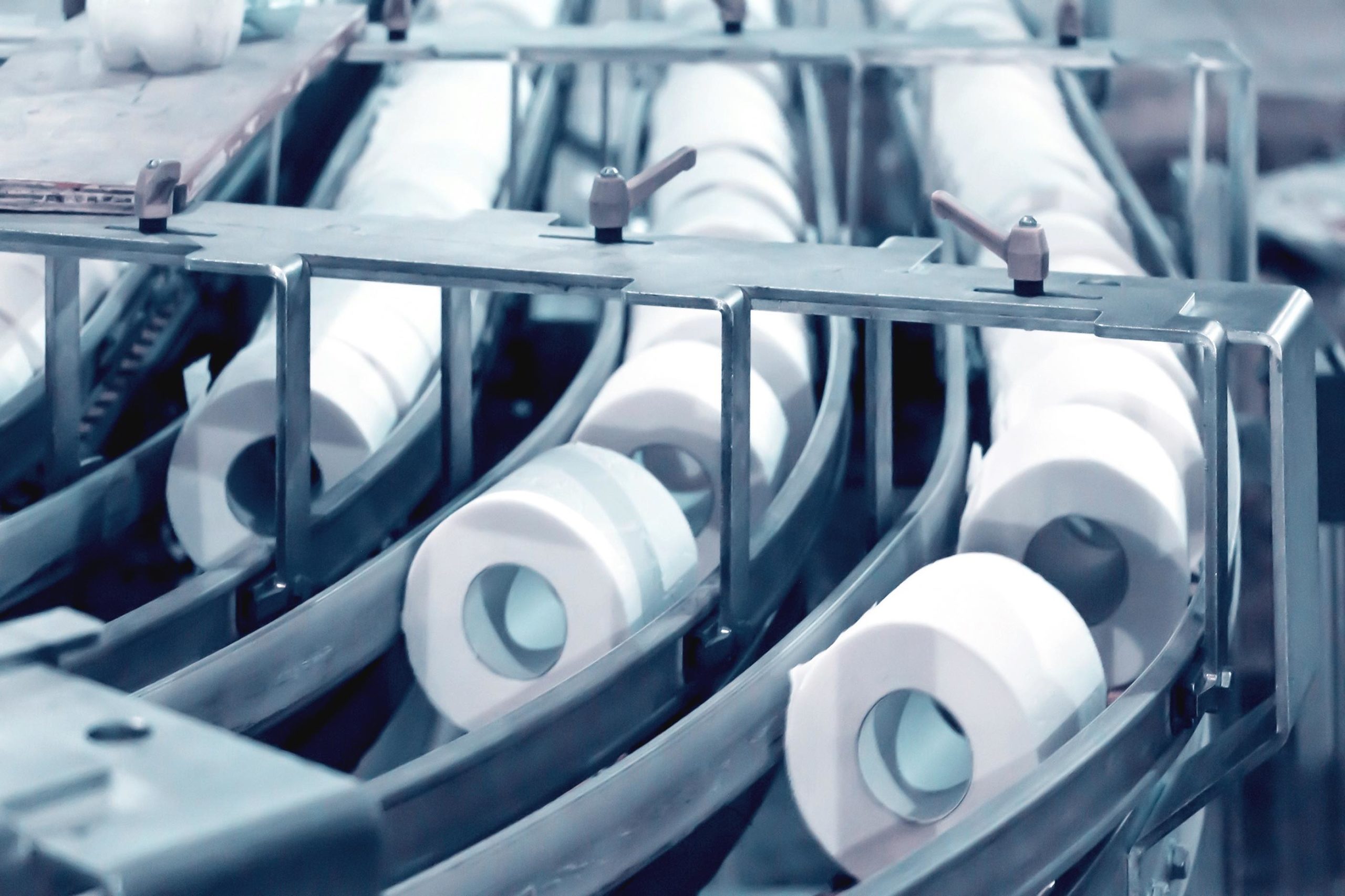COVID-19 revealed hard truths about the supply chain. Now, transportation, logistics and warehousing businesses are flocking to DuPage County, an area just west of Chicago with low population density and desirable properties, strategically located in the heart of a global freight gateway.
We will never forget the great toilet paper shortage of 2020.
It was one of the stranger side effects of COVID-19. In the early spring, as the pandemic reached the United States and the tremendous scope of the crisis came to light, consumers began panic-buying: hand gel, food, soap, face masks, surface cleaner. And, of course, TP.
For weeks, toilet paper was a scarce commodity, as were other essential goods. Shelves were picked clean. Suppliers fell behind. And while this scarcity created anxiety among consumers – and called for some truly ‘creative’ solutions – the phenomenon revealed a painful but important truth.
The supply chain wasn’t ready. It wasn’t good enough. Sure, it could handle normal market fluctuations. But as soon as it was put under extreme stress, it couldn’t take it. It was as if a bridge engineered for small cars suddenly had to bear the weight of a semi. It broke. And we all had to live with the consequences.
In 2020, we have seen just how critical it is to get supplies to the market in a timely and efficient manner.
Our operations must be flexible and reliable in times of crisis, when demand soars overnight and our work becomes radically more complex. In light of these hard-earned lessons, one area has emerged as the premier global business location for transportation, logistics and warehousing. DuPage County.
Just 20 miles west of Chicago, DuPage County is located at the heart of one of the world’s largest freight gateways. The region offers key strategic advantages:
- 2 international airports: O’Hare and Midway, with O’Hare responsible for moving nearly one third of the nation’s total cargo, valued at $170 billion
- 127 square miles of prime real estate that will soon offer direct access to O’Hare through the region’s Western Access initiative
- 7 major interstates
- 28 of the top 30 cities in the Midwest within an 8-hour drive
- The nation’s busiest rail gateway
- North America’s largest inland port
The strategic location means that businesses in DuPage can quickly, efficiently and reliably get their product anywhere in the world. But that’s only half the story. In addition to a strategic location, DuPage has desirable properties; a highly skilled and educated workforce; a business-friendly environment; low population-density; low COVID-19 case rate; a high quality of life; and a rich history of manufacturing. All of these factors intersect in DuPage: the premier global business location for transportation, logistics and warehousing.
DuPage has what businesses need to succeed today and respond rapidly to an uncertain tomorrow. And that’s good for all of us, because we’re all connected to the supply chain. A good supply chain means food on our families’ tables, medical supplies in our hospitals—and, yes, TP on our grocery store shelves.
Tap here to learn more about doing business in DuPage.


